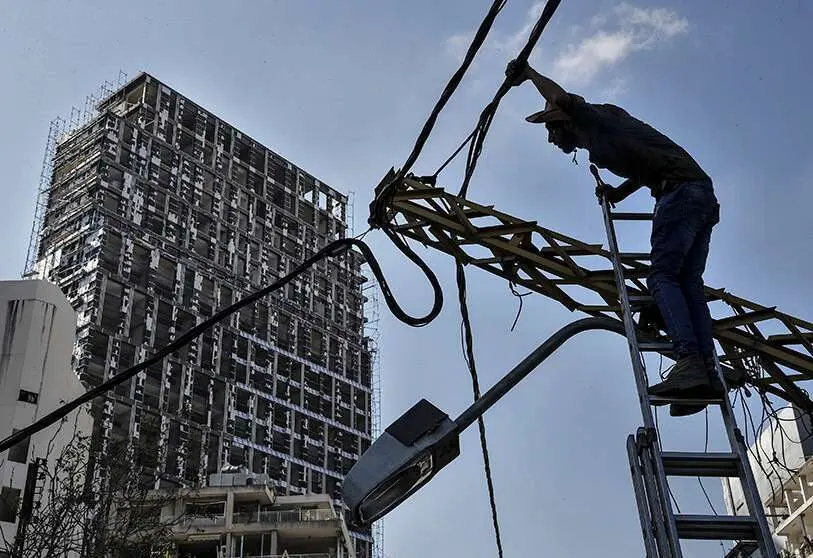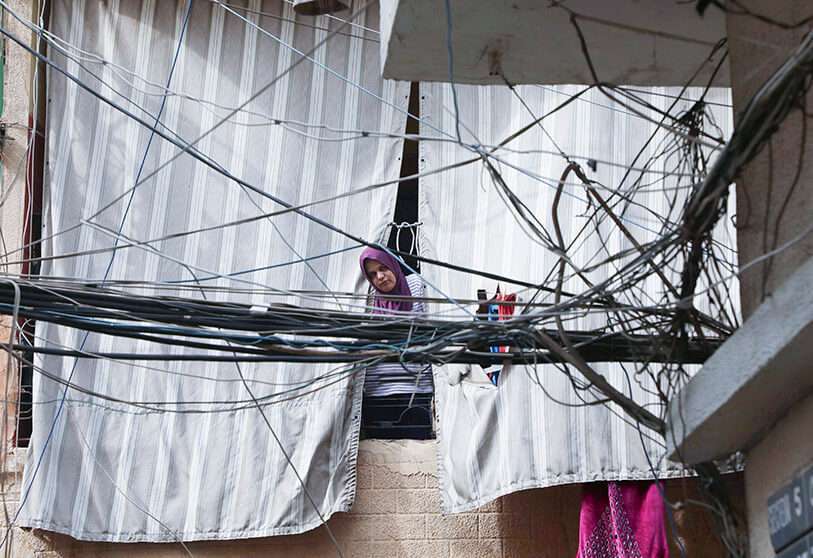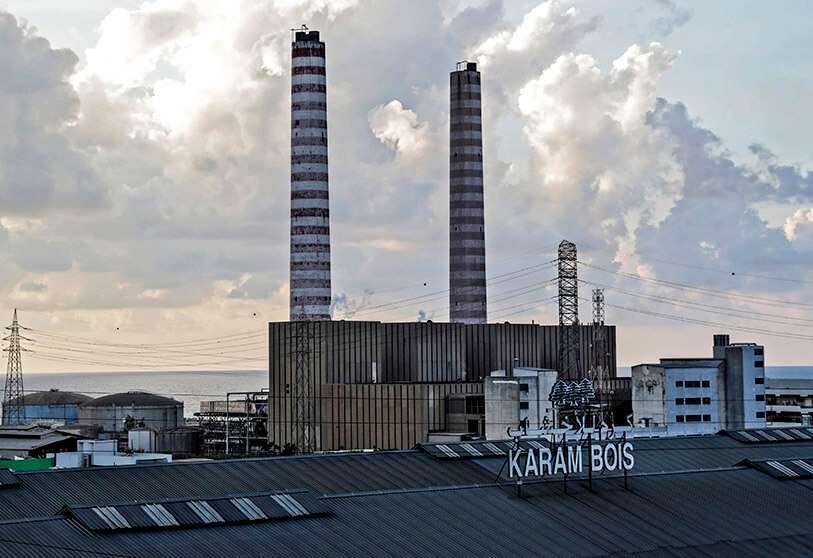Iraq to supply 500,000 tonnes of fuel to Lebanon

Iraq will supply Lebanon with 500,000 tonnes of fuel oil for power generation as a first step towards supplying the country's energy sector in crisis. Lebanese Energy Minister Raymond Ghajar also assured that 'Lebanon is not in the dark'.
Michel Aoun, the Lebanese head of state, received the minister to discuss the ongoing negotiations in Baghdad. Lebanese General Security Director Abbas Ibrahim is involved in these negotiations to secure the country's fuel supply.
He negotiated a contract for the import of Iraqi oil to Lebanon from 2021. This should enable the country's power plants to be supplied, as the Lebanese state electricity company does not have the capacity to meet demand. This leaves Lebanese households and businesses facing power outages for several hours a day and forces many to rely on private power generators.
The contract between the Lebanese state and Sonatrach, one of Electricité du Liban's (EDL) fuel suppliers, along with Kuwait Petroleum Company, expired on 31 December 2020 and this has raised concerns about the country's electricity supply.
The announcement of this new contract comes at a time when the Government is considering the issue of lifting subsidies for the import of strategic goods, including fuel.

"The Iraqi government has taken the decision to supply Lebanon with 500,000 tonnes of heavy fuel oil, as a first step and for a period of one year," Ghajar announced, claiming to have requested a larger quantity, but satisfied with this first agreement. "It is correct but insufficient. However, with the spot cargo mechanism, it is considered a good deal," he added.
"This cargo is currently approved by the Department of Energy to guarantee immediate fuel shipments and save half a million dollars per shipment," he added. "Lebanon will not sink into darkness", Ghajar assured.
"The Ministry of Energy operates day and night in a transparent manner to meet the needs of the Lebanese fuel and electricity market. Anyone can consult the books of conditions published on the ministry's electronic platform," he said.
Importing Iraqi oil is problematic for Lebanon as this oil is rich in sulphur. Yahya Mwaloud, operations director of Middle East Power, which operates the Zouk and Jiyyé plants on behalf of the EDL until 2022, explains that it must be refined to meet current international standards for the supply of power plants that consume this type of fuel. According to him, the use of such fuel will require much higher levels of maintenance, not to mention the refining bill.

If an agreement is reached with Iraq, its oil products would have to be shipped to another country for refining, then transported to Lebanon, according to Marc Ayoub, an energy researcher at the Issam Fares Institute at the American University of Beirut.
This will lead to obstacles related to the complexity of transportation and payment, making the deal costly and inefficient for the country. Lawmakers argue that Iraqi oil could be processed at oil refineries in Tripoli or Zahrani, but those refineries are obsolete and have not been in operation for decades.
By September 2020, the army had recovered 1.8 million litres of diesel offered by Iraq in the wake of the deadly double explosion on 4 August in the port of Beirut that was initially intended to supply the Zahrani power plant.
Iraq's heavy fuel will not meet Lebanon's specific needs, but an Iraqi company could organise an exchange for another type of fuel that would be more suitable, Ghajar said.
Ghajar said Lebanon's fuel reserves do not usually exceed one or two months, as maintaining a six-month reserve would be too costly for the country, which is grappling with a deep economic crisis.








